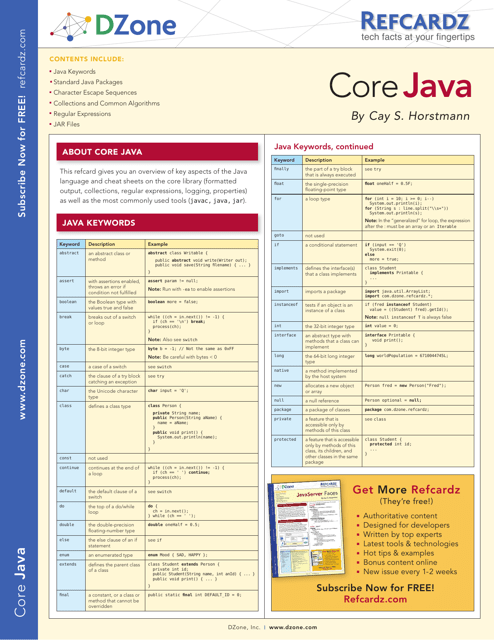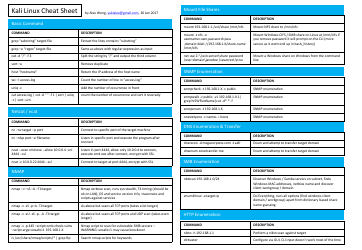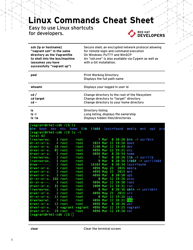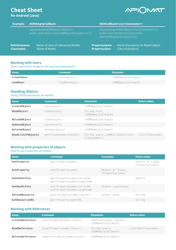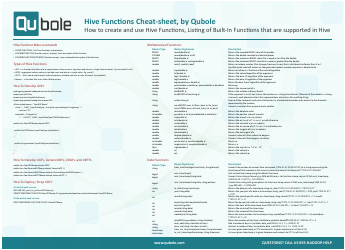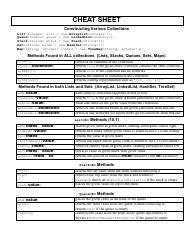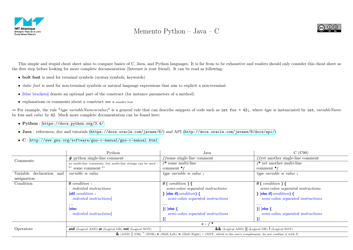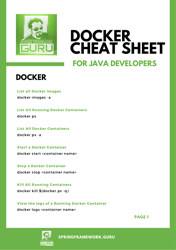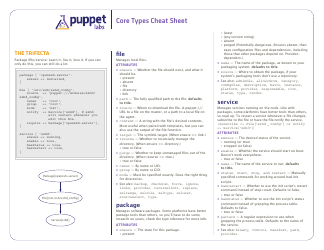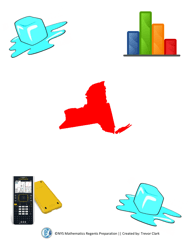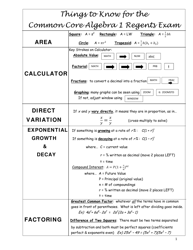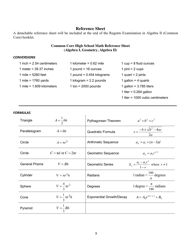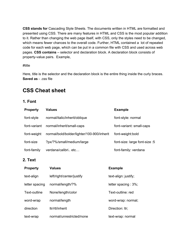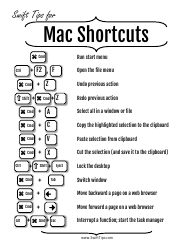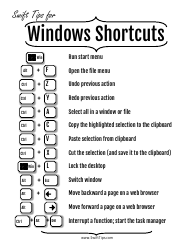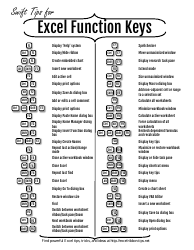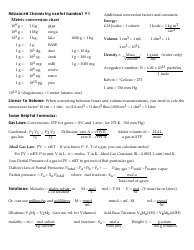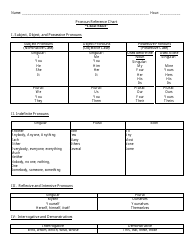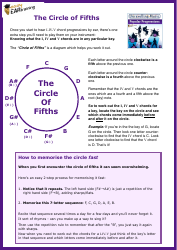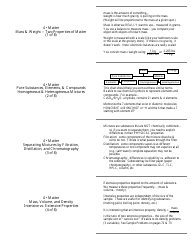Core Java Cheat Sheet - Dzone
The Core Java Cheat Sheet from Dzone is a quick reference guide for developers working with the Java programming language. It provides a condensed overview of commonly used syntax, functions, and concepts in Java.
FAQ
Q: What is Java?
A: Java is a programming language that allows developers to create applications that can run on any device or platform.
Q: What is Core Java?
A: Core Java refers to the basics of the Java programming language, including its syntax, data types, control statements, and core libraries.
Q: What are the features of Core Java?
A: Some features of Core Java include platform independence, object-oriented programming support, automatic memory management, and exception handling.
Q: What is the difference between Java SE and Java EE?
A: Java SE (Standard Edition) is used for developing desktop applications and standalone Java applications, while Java EE (Enterprise Edition) is used for developing enterprise-level applications.
Q: What are the data types in Java?
A: Java supports various data types, including primitive types (int, double, boolean, etc.) and reference types (String, arrays, objects).
Q: What is an object in Java?
A: An object in Java is an instance of a class, which encapsulates data and behaviors.
Q: What is an exception in Java?
A: An exception in Java is an event that occurs during the execution of a program, which disrupts the normal flow of the program.
Q: What is an interface in Java?
A: An interface in Java is a collection of abstract methods that can be implemented by a class. It defines a contract that a class must adhere to.
Q: What is polymorphism in Java?
A: Polymorphism in Java refers to the ability of an object to take on many forms. It allows objects of different classes to be treated as objects of a common superclass.
Q: What is inheritance in Java?
A: Inheritance in Java allows a class to inherit properties and behaviors from another class. It promotes code reusability and modularity.
